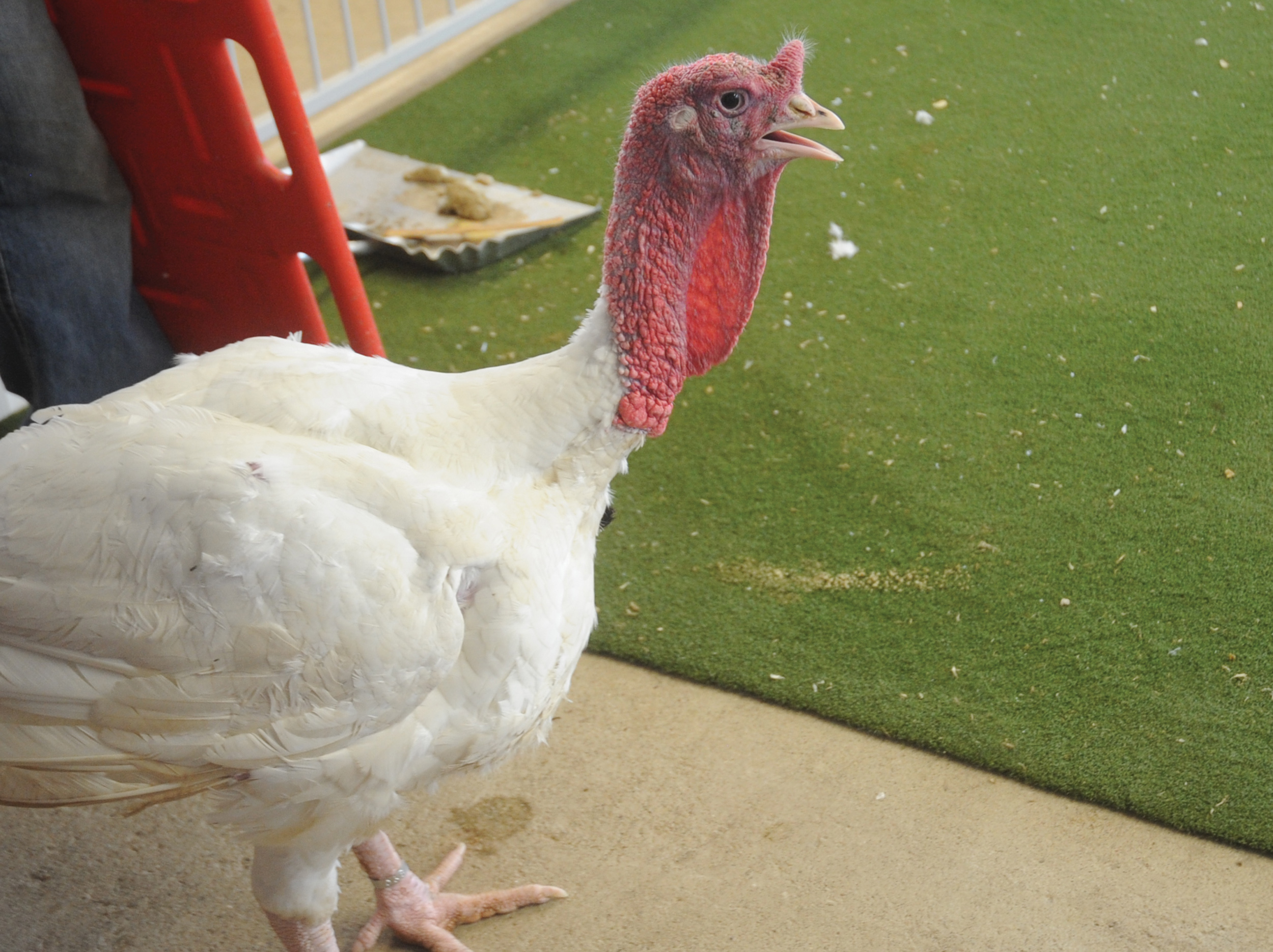Care can prevent disease
Published 12:00 am Sunday, October 5, 2014
Recently, we have seen a significant increase in childhood rashes throughout Lawrence County.
There are various causes of these rashes, such as, chicken pox, hand, foot, and mouth disease and a few other viral rashes. Due to this increase, the Lawrence County Health Department would like to remind the public of some prevention methods, as well as signs and symptoms to be aware of in your children.
Varicella, or chickenpox, is a highly contagious disease caused by the varicella-zoster virus. The main symptom of chickenpox is an itchy, blister-like rash that occurs mostly on the face, scalp, and trunk of the body.
Trending
Eventually, the blisters dry and crust over, forming scabs. Fever, tiredness, and sometimes a sore throat are other common symptoms.
There is a vaccine for chicken pox and even though it is not 100 percent effective, the chickenpox vaccine is the best way to prevent severe cases. When a vaccinated person does get chickenpox, it is usually a very mild case with less of a rash and fewer other symptoms.
Varicella vaccine recommendations are as follows:
Children under age 13 years should get two doses
• First dose at age 12 to 15 months
• Second dose at age 4-6 years (preferably prior to Preschool/Kindergarten)
Trending
The second dose may be given at the earlier age if it is given at least 3 months after the first dose.
People 13 years of age and older who have never had chickenpox or never received the chickenpox vaccine, should get two doses, at least 28 days apart. The chickenpox vaccination is especially important if you are any of the following:
• Healthcare professionals
• Caregivers of or those around patients with weakened immune systems
• Teachers
• Childcare workers
• Residents and staff in nursing homes and residential settings
• College students
• Inmates and staff of correctional institutions
• Military personnel
• Non-pregnant women of child-bearing age
• Adolescents and adults living with children
• International travelers, mission groups or teams.
Hand, foot, and mouth disease, or HFMC, is a common viral illness that usually affects children younger than 5 years old. HFMD is caused by a virus from the enterovirus group.
Symptoms of HFMD include fever, blister-like sores in the mouth, hands, feet and/or a skin rash. There isn’t a vaccine to protect against the virus that causes HFMD.
A person can lower their risk of being infected by:
• Washing hands often with soap and warm water, especially after changing diapers and using the toilet.
• Cleaning and disinfecting frequently touched surfaces and soiled items, including toys.
• Avoiding close contact such as kissing, hugging, or sharing eating utensils or cups with those with HFMD.
Contact LCHD for any further questions or tips at 740-532-3962.
Stephanie Stumbo
RN, Immunization and Infectious Disease Coordinator
Lawrence County Health Department





